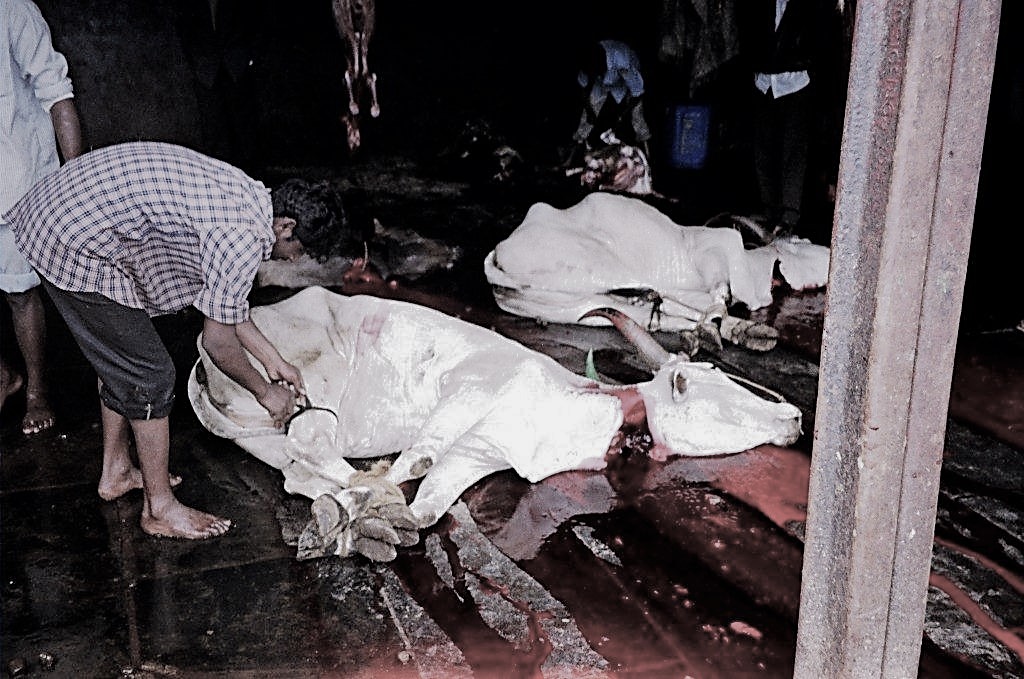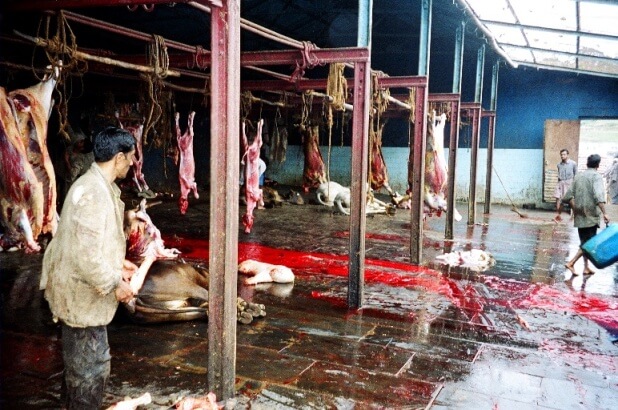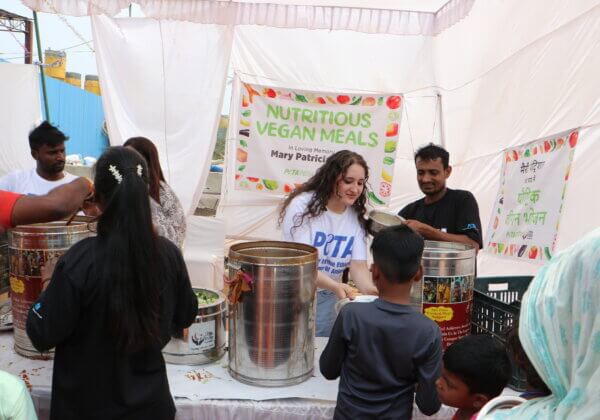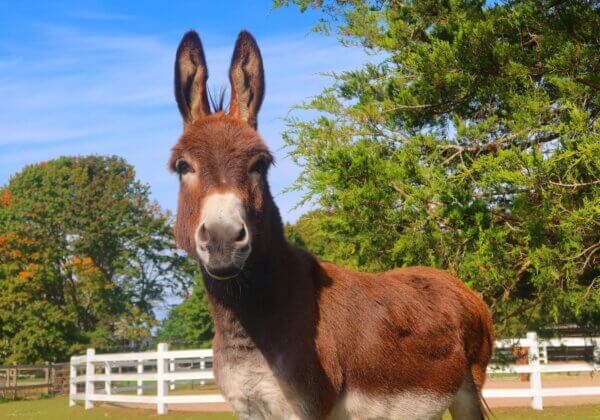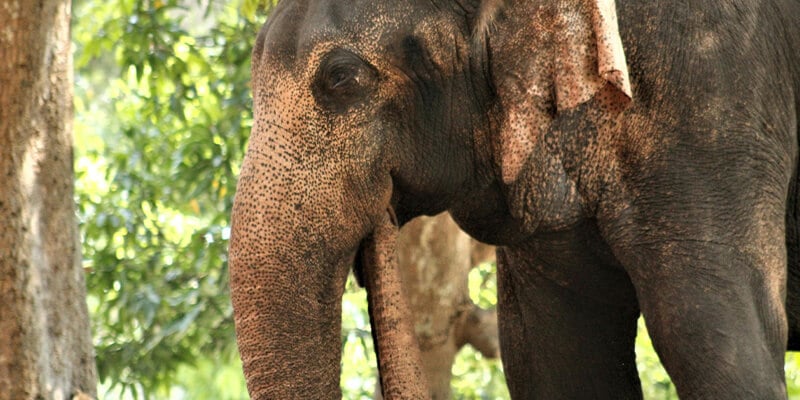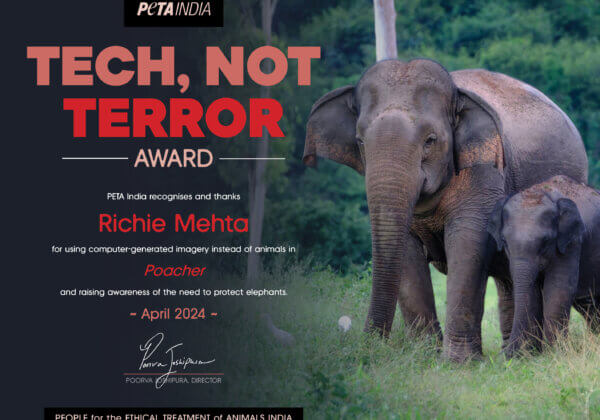PETA India’s COVID-19 Appeal: Close Slaughterhouses Until All Workers Can Be Tested
As the COVID-19 lockdown eases, PETA India has sent a letter urging the Ministry of Health and Family Welfare to call for the closure of all licensed slaughterhouses (at least until a suitable daily testing programme for the disease is in place for all workers). We have also appealed to the Food Safety and Standards Authority of India to make daily COVID-19 testing of workers a mandatory part of slaughterhouse registration
Slaughterhouses around the world are hotbeds of COVID-19 infections, since maintaining the recommended social distancing among workers is nearly impossible inside them. Recent figures show that in the US, over 20,000 slaughterhouse and meat-processing plant employees have COVID-19 and at least 64 of them have died. It was also recently reported that in Europe, more than 1,000 slaughterhouses employees have COVID-19. As the number of cases increases in these facilities, the workers spread the disease to their families and in their communities. We are also calling for the permanent closure of all unlicensed slaughterhouses.
Many slaughterhouses in India lack suitable basic facilities, such as ample water, proper cleaning supplies, adequate drainage, and effective waste disposal. Workers spend their days surrounded by blood, faeces, urine, and associated pathogens, often without wearing shoes or any protective gear.
Scientists overwhelmingly believe that COVID-19 jumped from another species to humans at a live-animal market in China. Previous infectious diseases – including SARS, swine flu, and bird flu – were also traced back to animals used for meat. Meanwhile, slaughterhouse workers are already at risk for zoonotic diseases (that is, illnesses of animal origin) such as brucellosis, leptospirosis, and Q fever.
In addition to helping to combat infectious diseases, each person who goes vegan reduces their risk of developing cancer, heart disease, and diabetes and spares sensitive animals daily suffering and a terrifying death.
You can help stop the spread of disease. Join our call for live-animal markets to close:


